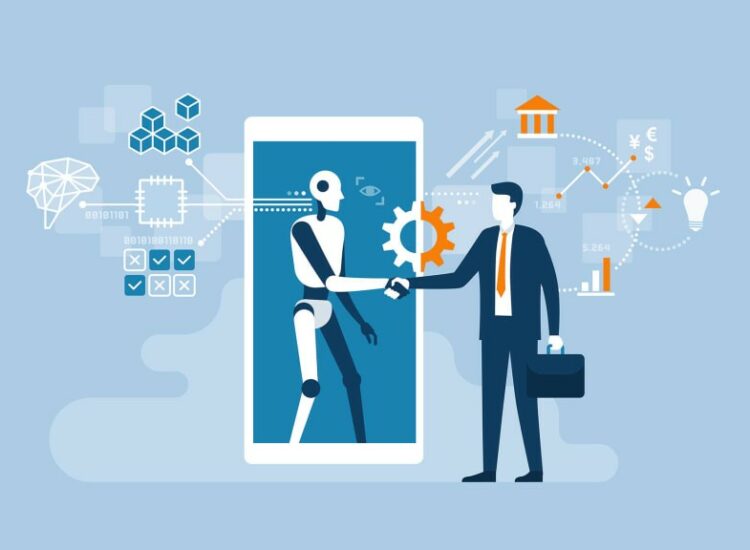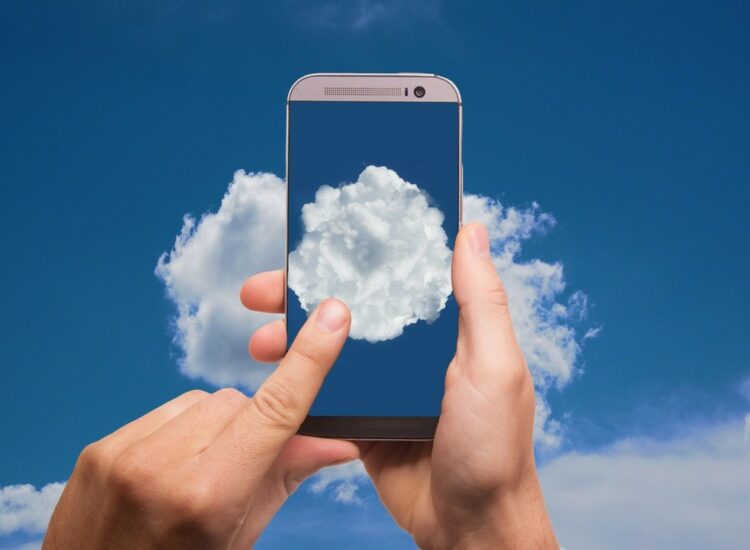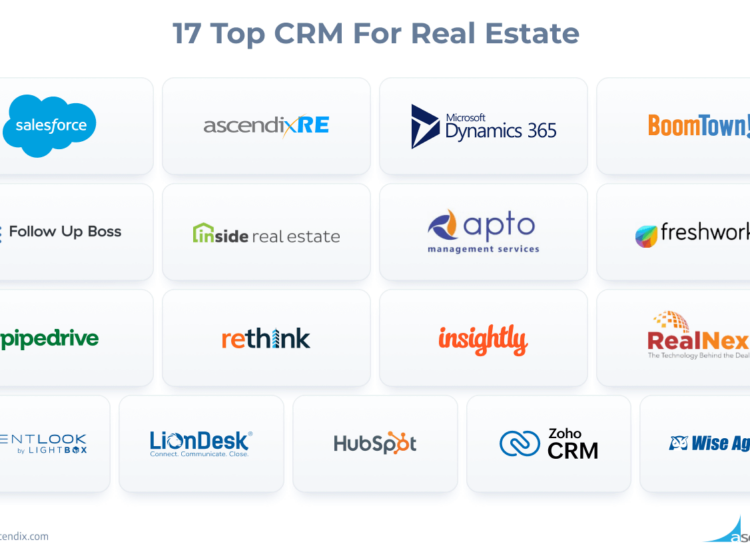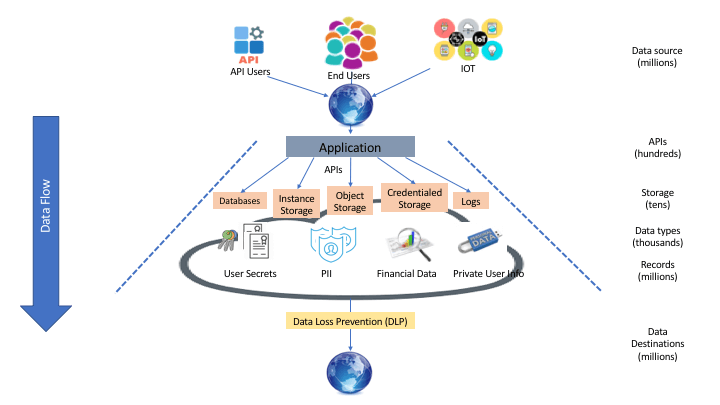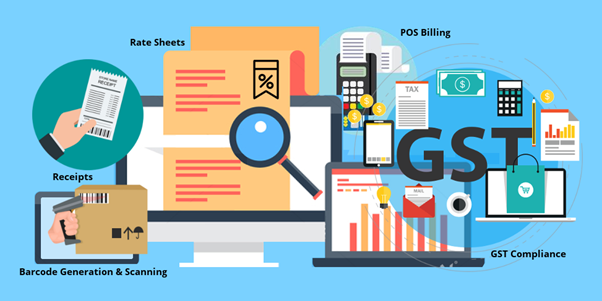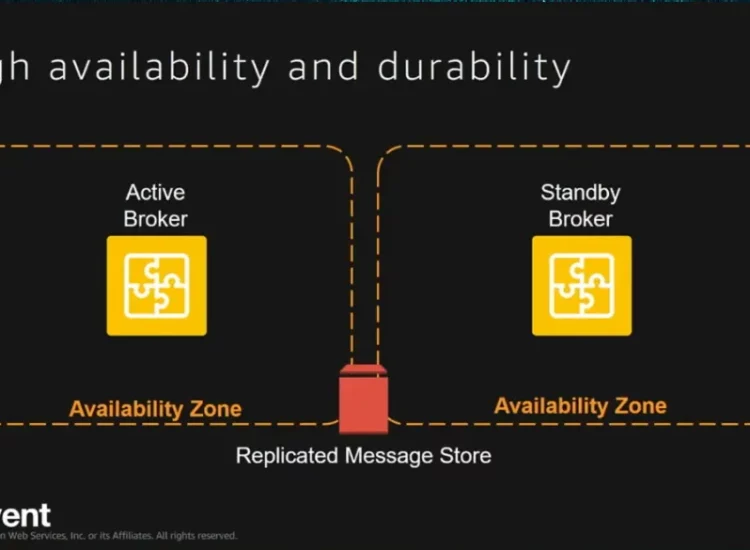Losing your iPhone, with its wealth of personal information, financial data, and irreplaceable photos, is a terrifying prospect. While Apple’s built-in security features provide a strong base, additional measures are crucial to safeguard your device and data. This guide examines the best security for iPhone, equipping you with the knowledge and resources to protect your digital life in 2024.
Toc
Understanding iPhones Built-in Security Features
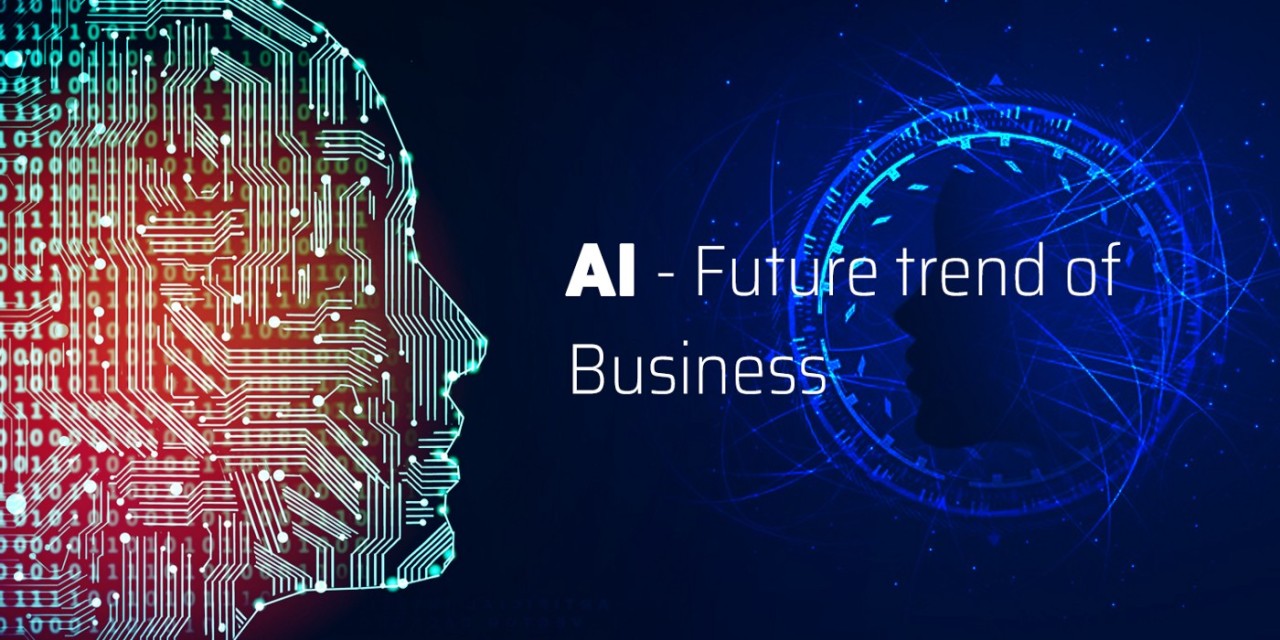
As the digital landscape becomes increasingly complex, ensuring the security of your iPhone has never been more crucial. Fortunately, Apple’s iOS operating system boasts a robust set of built-in features that help protect your device and personal data.
IOS Sandbox
The iOS sandbox is a core component of the system that isolates apps from one another. This means that apps cannot access each other’s data without permission, significantly reducing the risk of malicious software spreading from one app to another. By limiting access to sensitive information, the sandbox mechanism helps to keep your personal data secure.
App Store Vetting Process
Apple’s rigorous App Store vetting process is another essential feature that enhances security. Before an app is made available for download, it undergoes a thorough review to check for malicious code and adherence to Apple’s guidelines. This scrutiny helps prevent harmful apps from infiltrating your device, making the App Store a safer environment for downloading applications.
Apple’s App Store review process is a multi-layered approach that includes automated checks for known malware signatures, manual code analysis by security experts, and testing on various iOS devices. This rigorous process aims to identify and reject apps that exhibit suspicious behavior, violate Apple’s guidelines, or pose a risk to user privacy and security. For instance, in 2023, Apple removed over 1.5 million apps from the App Store for violating its policies, highlighting its commitment to maintaining a secure app ecosystem.
Regular Software Updates
Regular software updates from Apple are crucial for maintaining optimal security. These updates often include important security patches that address newly discovered vulnerabilities. By keeping your iPhone up-to-date, you ensure that your device is protected against the latest threats, reducing the likelihood of a successful cyber-attack.
Find My iPhone
The “Find My iPhone” feature is invaluable if your device is lost or stolen. This function allows you to remotely locate, lock, or erase your device, mitigating the risk of unauthorized access to your personal information. By activating this feature, you can have peace of mind knowing that you have options to secure your data even if your iPhone is in the wrong hands.
Two-Factor Authentication
Two-factor authentication (2FA) adds an extra layer of security to your Apple ID and other accounts associated with your iPhone. With 2FA enabled, even if someone obtains your password, they cannot access your account without a second form of verification, such as a code sent to your trusted device. For example, when you log in to your Apple ID from a new device, you’ll receive a one-time code via SMS or a trusted device, ensuring that only authorized users can access your account. This significantly enhances your account’s security.
ICloud Private Relay
iCloud Private Relay is a feature that helps protect your online activity by encrypting your internet traffic. When browsing the web, your IP address is hidden, making it difficult for websites and advertisers to track your online behavior. This feature is particularly useful when using public Wi-Fi networks, where data interception is more likely to occur.
Beyond Built-in Security

While iPhones are generally considered more secure than their Android counterparts, they are not immune to various security threats. Understanding these threats is crucial for maintaining your device’s security.
Addressing Common Threats to iPhone Security
Phishing Attacks
Phishing scams are one of the most common threats faced by iPhone users. These attacks use deceptive emails, text messages, or websites to trick you into revealing sensitive data, such as login credentials or financial information. These attacks are becoming increasingly sophisticated, with AI-powered tools generating highly convincing phishing emails and websites that mimic legitimate sources, making them harder to detect.
To avoid falling victim to these scams, always verify the sender’s identity before clicking on links or providing personal information. Look for signs of phishing, such as poor grammar, generic greetings, or suspicious URLs. Utilizing the “Fraudulent Website Warning” feature in Safari can also help you identify and block potentially malicious websites.
Social Engineering
Social engineering tactics rely on manipulating individuals into divulging sensitive information or performing actions that compromise security. For example, a scammer might impersonate a tech support representative to gain access to your personal information. Educating yourself about these tactics can help you recognize when someone is attempting to manipulate you.
Malicious Apps
While the App Store has a vetting process, malicious apps can still slip through the cracks. These apps may request excessive permissions or exhibit suspicious behavior. Carefully reviewing app permissions and only downloading from the official App Store can help safeguard your device against these potential dangers.
1. https://chobangkaewthai.com/archive/53/
2. https://chobangkaewthai.com/archive/49/
3. https://chobangkaewthai.com/archive/52/
Jailbreaking
Jailbreaking your iPhone may seem appealing for gaining additional features, but it compromises your device’s security. Jailbroken devices bypass Apple’s security safeguards, making them more vulnerable to malware and cyber-attacks. It’s essential to avoid jailbreaking your device to maintain its integrity and security.
Zero-Click Exploits
Recent years have seen the emergence of sophisticated zero-click exploits, which can compromise iPhones without any user interaction. These exploits leverage vulnerabilities in iOS to install malware silently, even without the user tapping on a link or downloading a malicious app. In 2023, a zero-click exploit known as “Pegasus” was discovered, allowing attackers to gain access to sensitive data and communications on iPhones. This highlights the need for continuous vigilance and swift security updates from Apple.
Debunking Myths About iPhone Antivirus Software
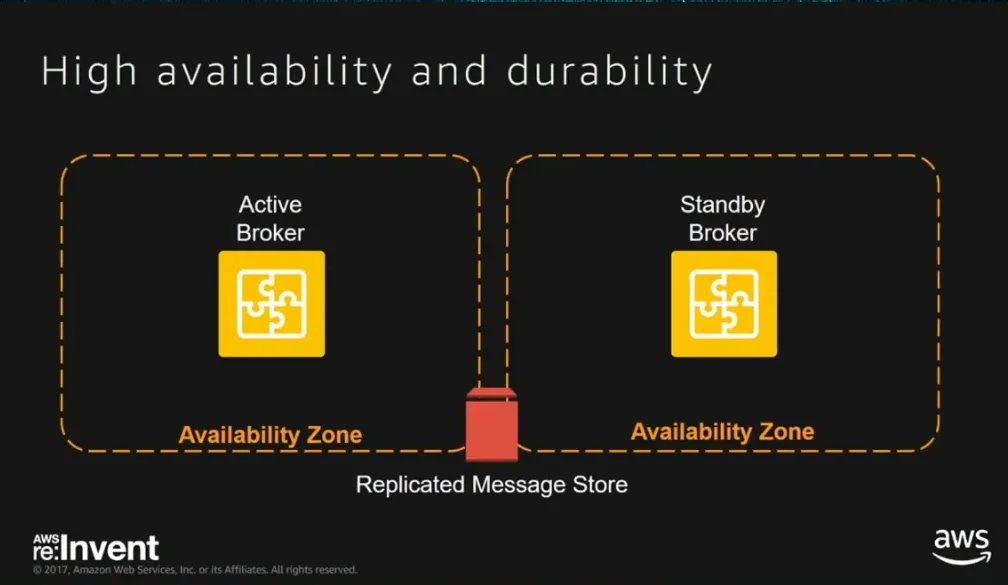
There are several misconceptions surrounding the need for antivirus software on iPhones. Contrary to popular belief, traditional antivirus software is not necessary for iPhones. The security features built into iOS, along with the App Store’s strict vetting process, provide robust protection against most common threats.
Antivirus Software is Not Necessary
iPhones are designed with security in mind, and the iOS operating system is generally more resistant to malware than other platforms. As a result, the need for traditional antivirus software diminishes significantly. Instead of relying on antivirus solutions, users should focus on maintaining their device’s security through best practices.
While iOS is generally more secure than Android, some experts argue that antivirus software can still provide an additional layer of protection, especially against emerging threats and zero-day vulnerabilities. These programs can detect and remove malware that might evade Apple’s security checks, offering an extra layer of defense. However, it’s crucial to choose reputable antivirus software from trusted providers and ensure it’s compatible with iOS.
App Store Antivirus Apps
The “antivirus” apps available on the App Store are not true antivirus solutions. These apps often focus on features like VPNs, anti-theft tools, and privacy monitoring. While they can be useful, they do not provide the same level of malware protection as their desktop counterparts. Therefore, it’s crucial to understand their limitations and not rely solely on these apps for protection. However, despite Apple’s efforts, some malicious apps can still slip through the cracks, highlighting the importance of user vigilance and caution when downloading and using apps.
Maintaining the Best Security for iPhone
To keep your iPhone secure in 2024 and beyond, it’s essential to adopt the following best practices:
Keep Your iOS Updated
Regularly updating your iPhone’s operating system is crucial for maintaining optimal security. These updates often include important security patches that address newly discovered vulnerabilities, helping to protect your device against emerging threats.
Download Apps Only from the App Store
Only download apps from the official App Store, as Apple’s vetting process helps to prevent malicious apps from infiltrating your device. Avoid sideloading apps or jailbreaking your iPhone, as these practices can expose your device to a wider range of security risks.
Manage App Permissions
Carefully review and manage the permissions granted to apps on your iPhone. Be wary of apps that request access to sensitive data, such as your location, camera, or contacts, and limit their access as needed to protect your privacy.
Use Strong Passwords and Two-Factor Authentication
Ensure that your Apple ID and other accounts associated with your iPhone have strong, unique passwords. Enabling two-factor authentication adds an extra layer of security, making it much harder for unauthorized individuals to access your accounts.
Be Aware of Phishing Attempts
Familiarize yourself with the signs of phishing emails, text messages, and websites to avoid falling victim to these scams. Utilize the “Fraudulent Website Warning” feature in Safari to stay protected against malicious online threats.
1. https://chobangkaewthai.com/archive/52/
2. https://chobangkaewthai.com/archive/53/
3. https://chobangkaewthai.com/archive/50/
Consider Using a VPN
Employing a reliable virtual private network (VPN) can help encrypt your internet traffic and protect your online privacy, especially when using public Wi-Fi networks. A VPN creates a secure tunnel for your data, making it more difficult for hackers to intercept your information.
Enhancing iPhone Security with Third-Party Tools
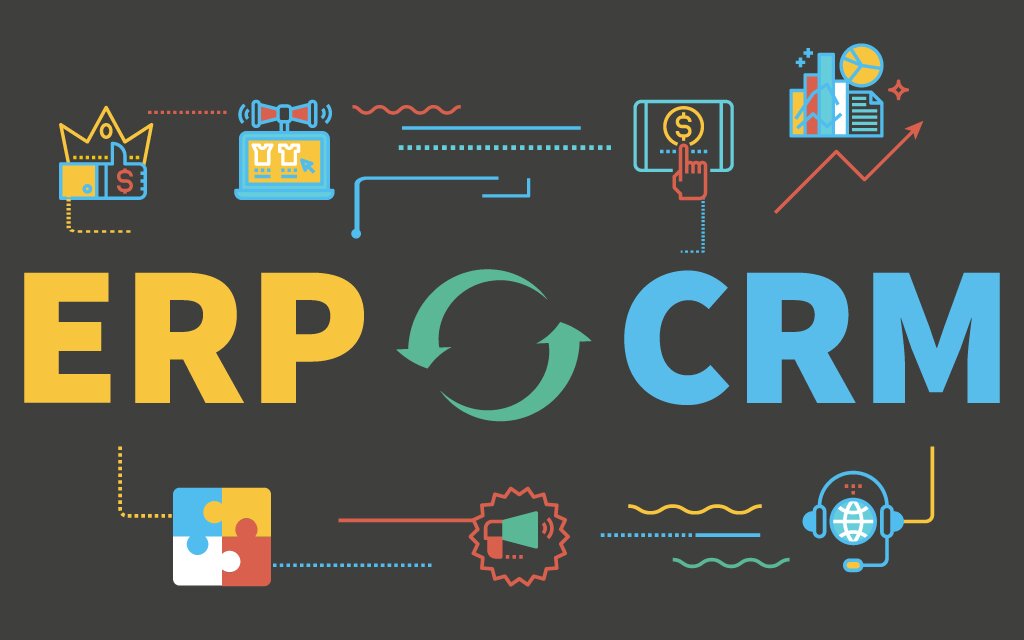
While the built-in security features of iOS provide a solid foundation, there are additional tools and resources that can further enhance the protection of your iPhone:
Password Managers
Using a password manager can help you generate, store, and manage strong, unique passwords for your various accounts, reducing the risk of credential-based attacks. Popular options include 1Password, LastPass, and Dashlane, which offer seamless integration with iOS devices. These tools not only simplify password management but also enhance your overall security posture.
Identity Theft Protection Services
Subscribing to an identity theft protection service can help you monitor your credit and personal information for signs of unauthorized activity, allowing you to take prompt action if a breach occurs. Services like LifeLock, IDShield, and Identity Guard provide comprehensive monitoring and alert systems to safeguard your digital identity. With identity theft on the rise, these services can offer peace of mind.
Virtual Private Networks (VPNs)
Employing a reliable VPN can help encrypt your internet traffic and protect your online privacy, especially when using public Wi-Fi networks. NordVPN, ExpressVPN, and Surfshark are some reputable VPN providers with dedicated iOS apps that offer robust security features. By using a VPN, you can browse the internet more securely, even on unsecured networks.
FAQ
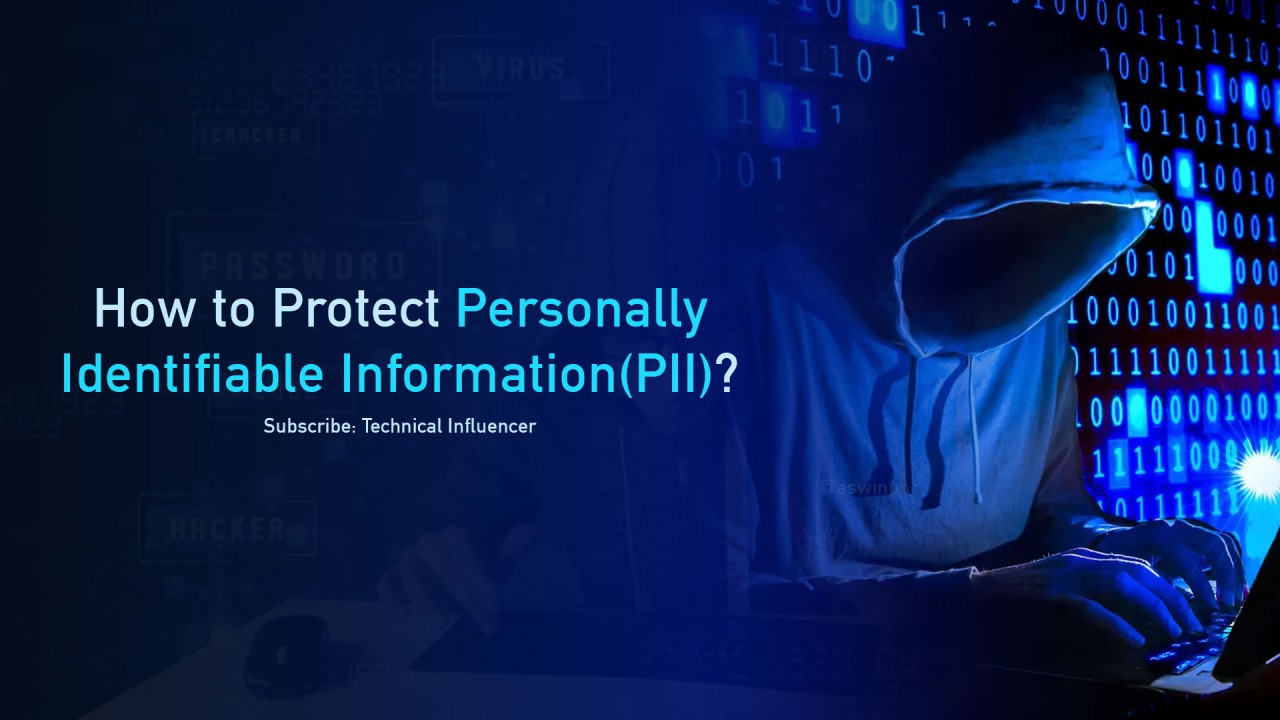
Can iPhones get viruses?
While iPhones are generally less susceptible to malware compared to other mobile devices, it is still possible for them to be infected, especially if the device has been jailbroken or is running an outdated version of iOS. Maintaining a high level of security hygiene is essential to prevent such issues.
Do I need antivirus software for my iPhone?
No, traditional antivirus software is not necessary for iPhones. The security features built into iOS, along with the App Store’s strict vetting process, provide robust protection against most common threats. The “antivirus” apps available on the App Store are not true antivirus solutions and primarily offer additional features like VPNs and privacy monitoring.
How can I protect my iPhone from phishing attacks?
To protect your iPhone from phishing attempts, be cautious of suspicious emails, text messages, and websites. Utilize the “Fraudulent Website Warning” feature in Safari, which can help identify and block potentially malicious websites. Additionally, avoid clicking on links or providing personal information unless you can verify the legitimacy of the source.
What should I do if I think my iPhone has been hacked?
If you suspect your iPhone has been compromised, take immediate action. Change your Apple ID and other account passwords, contact your bank to monitor for any suspicious activity, and report the incident to Apple. Additionally, consider restoring your iPhone to its factory settings to remove any potential malware.
Conclusion
Safeguarding your iPhone’s security is an essential aspect of modern digital life. By understanding the built-in security features of iOS, being vigilant about potential threats, and implementing best practices, you can ensure your personal data and device remain protected in 2024 and beyond. Remember, a proactive approach to iPhone security is the best way to keep your information safe and secure. Stay informed about the latest security threats and best practices by regularly consulting reputable cybersecurity websites and resources. Your iPhone can be a reliable and secure companion, but it requires your active participation in its protection.
